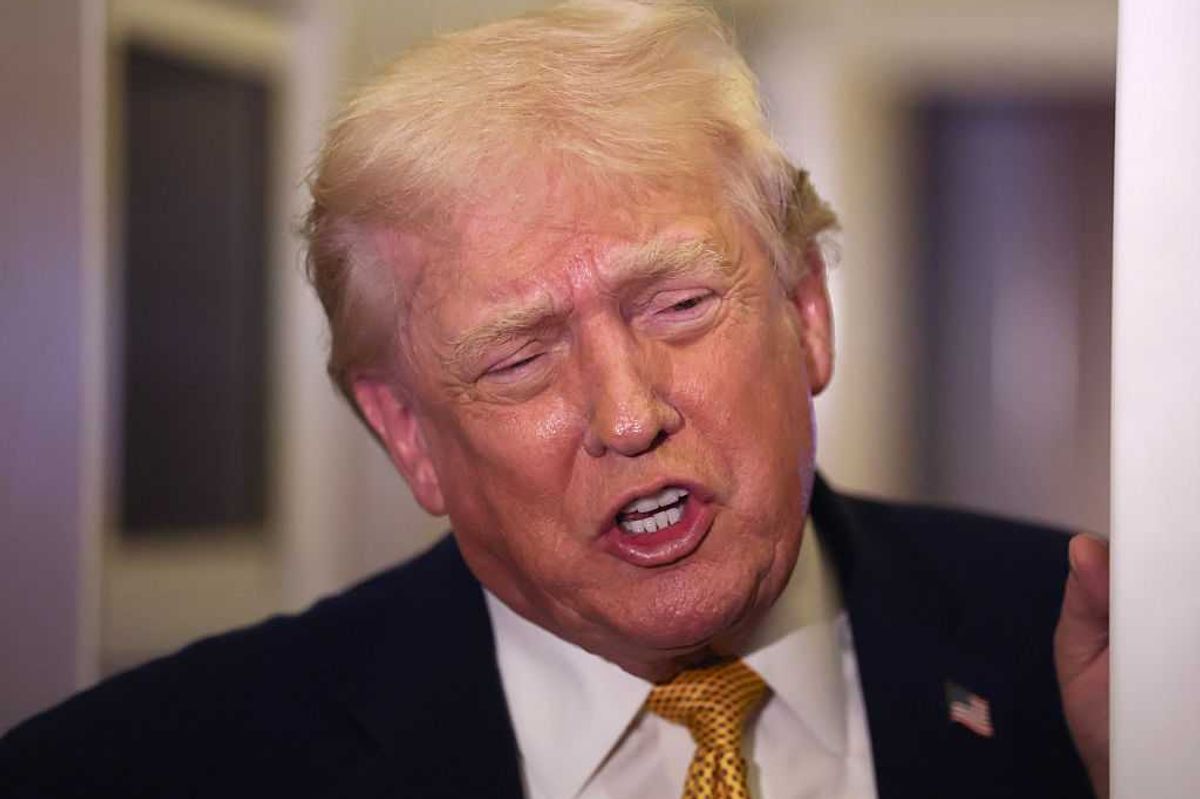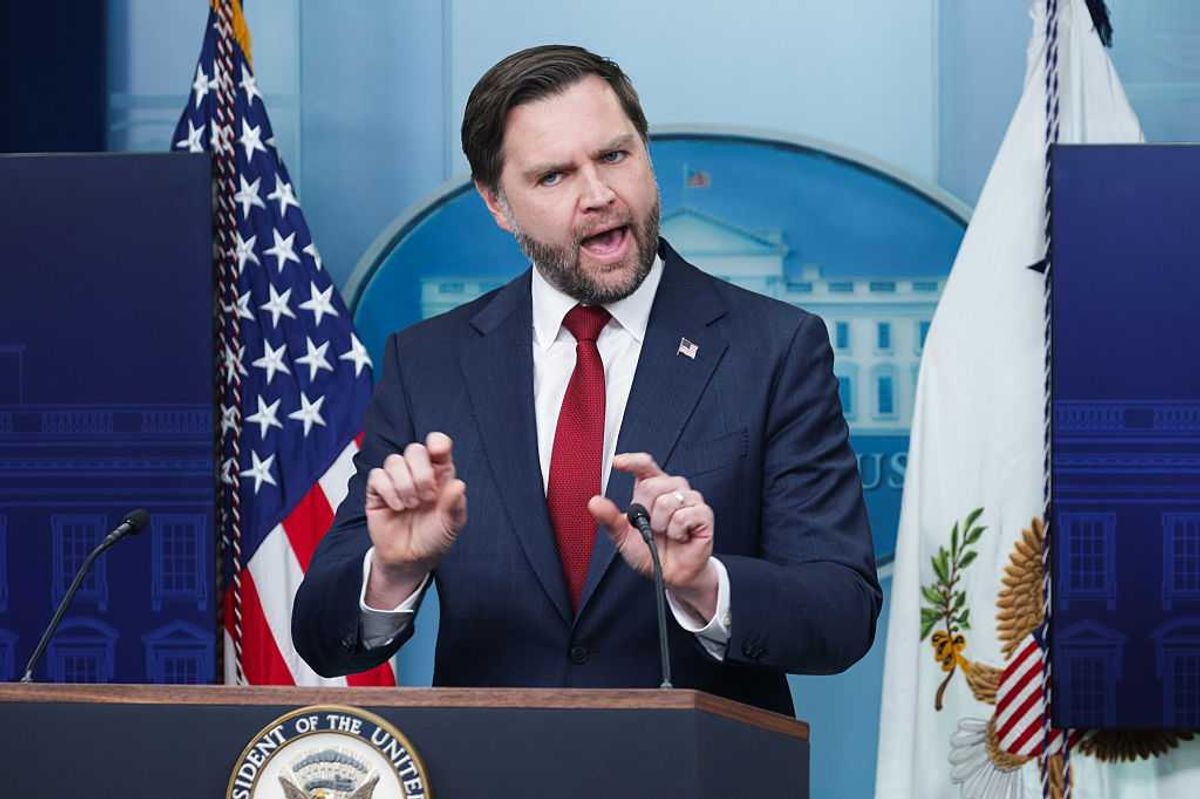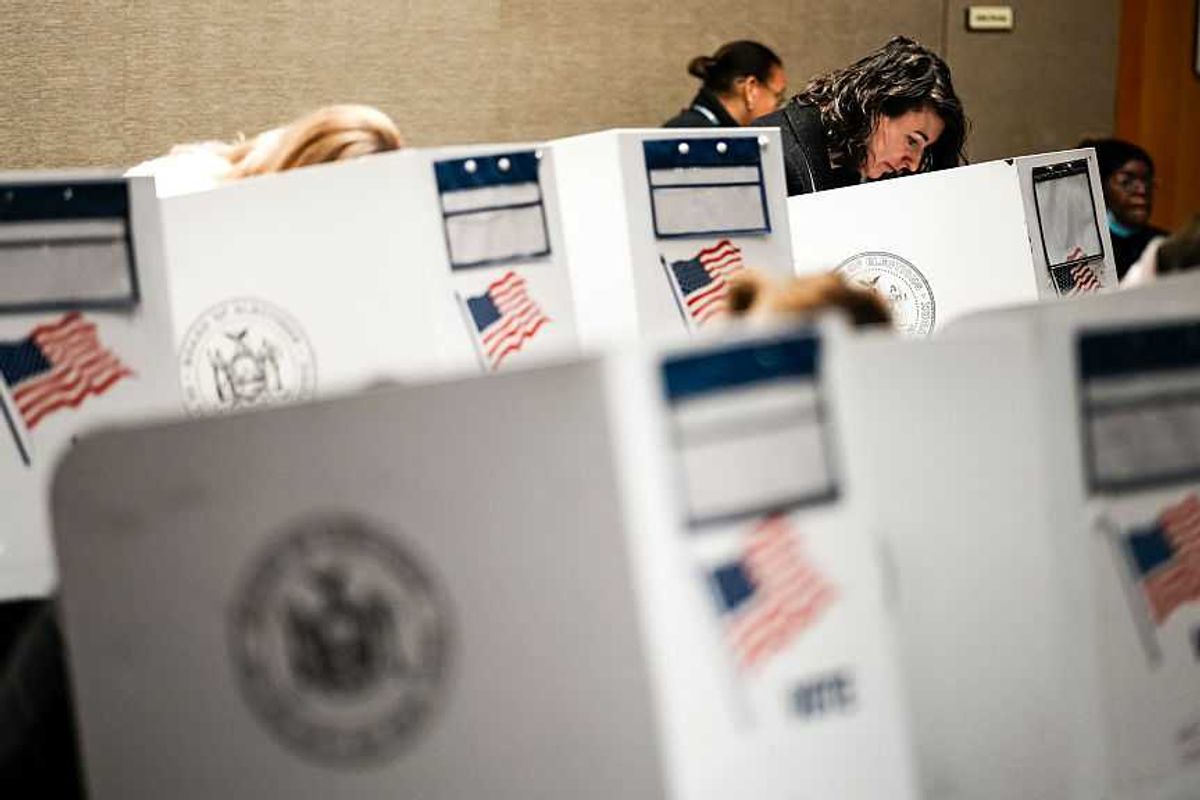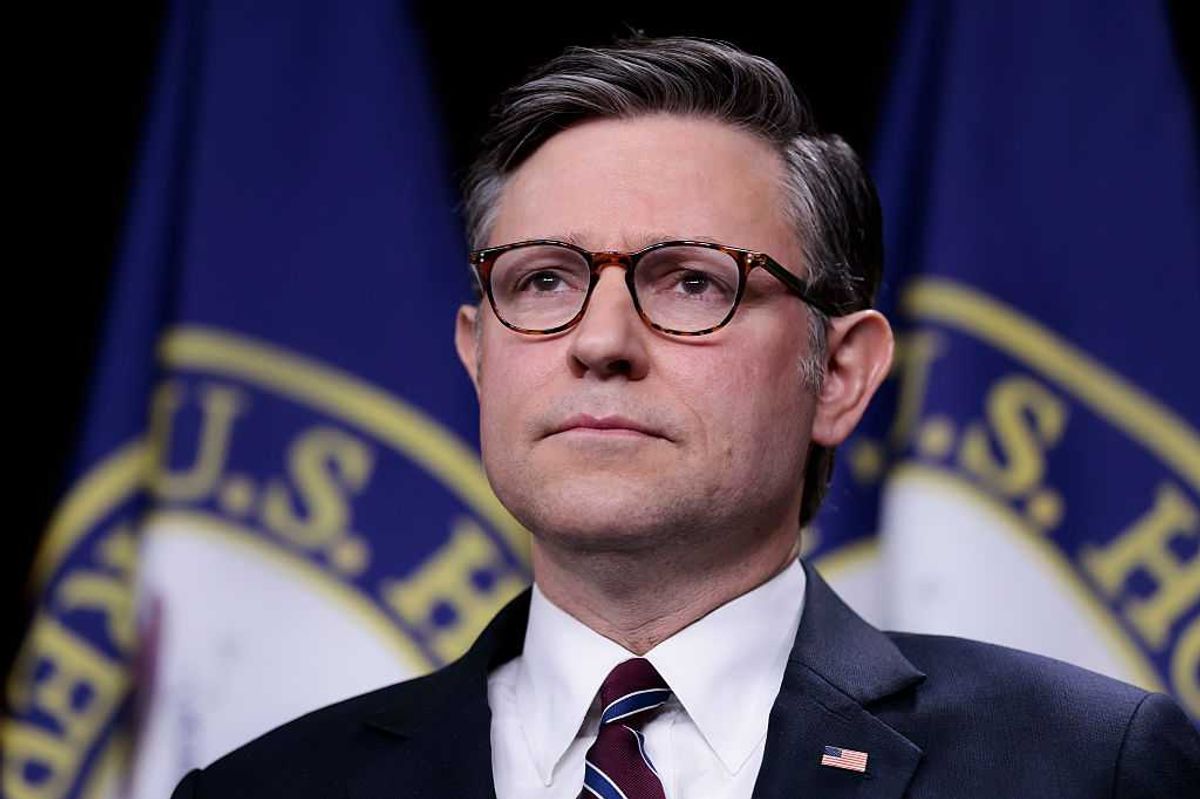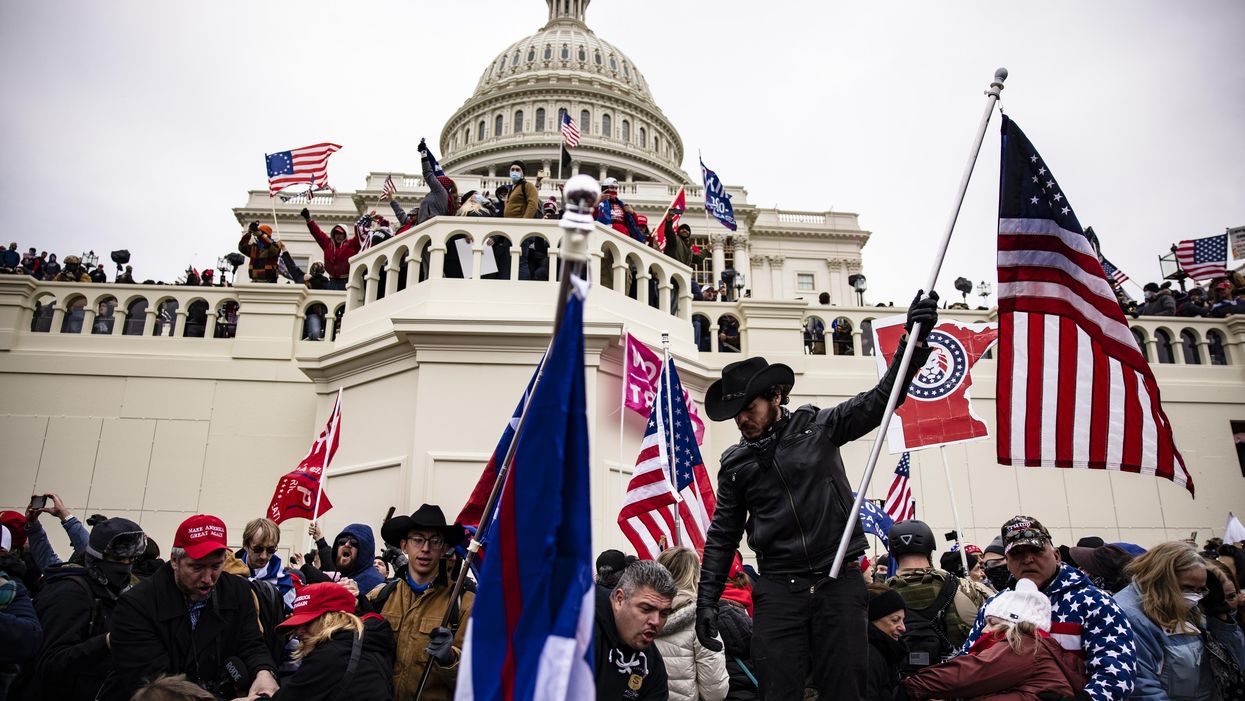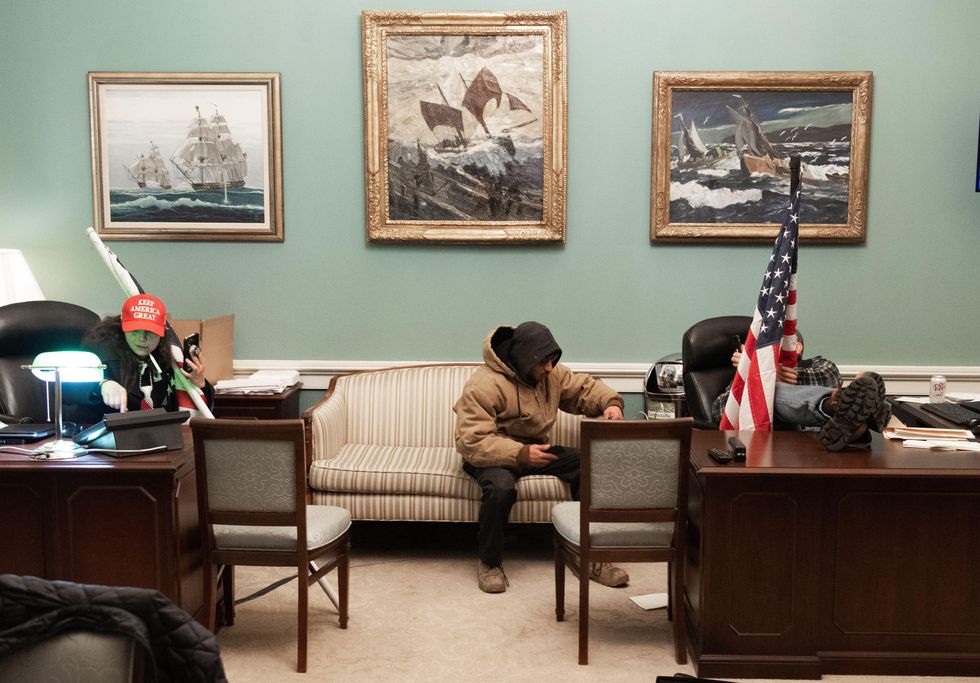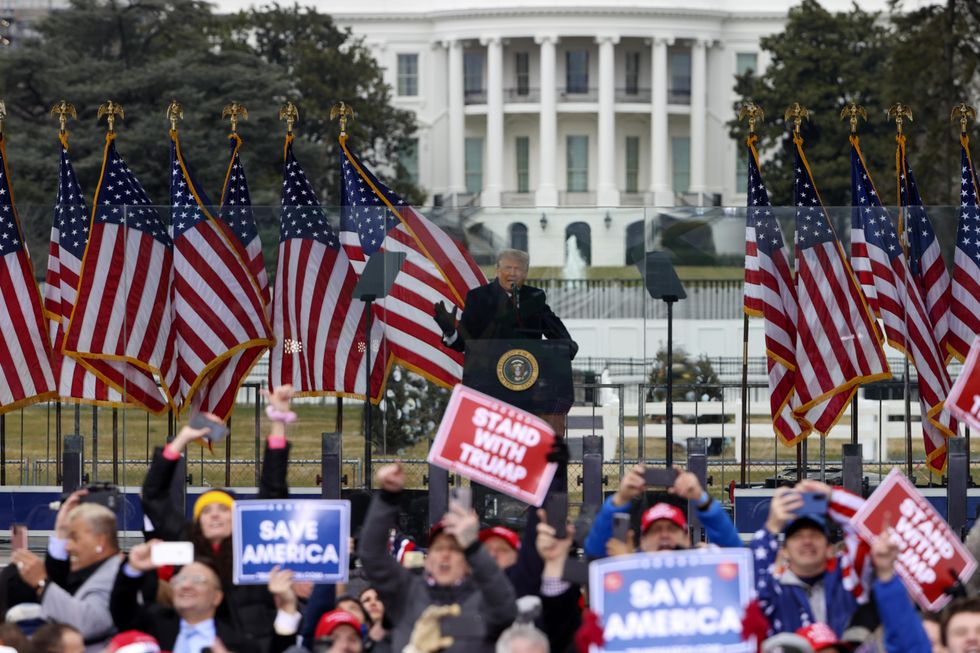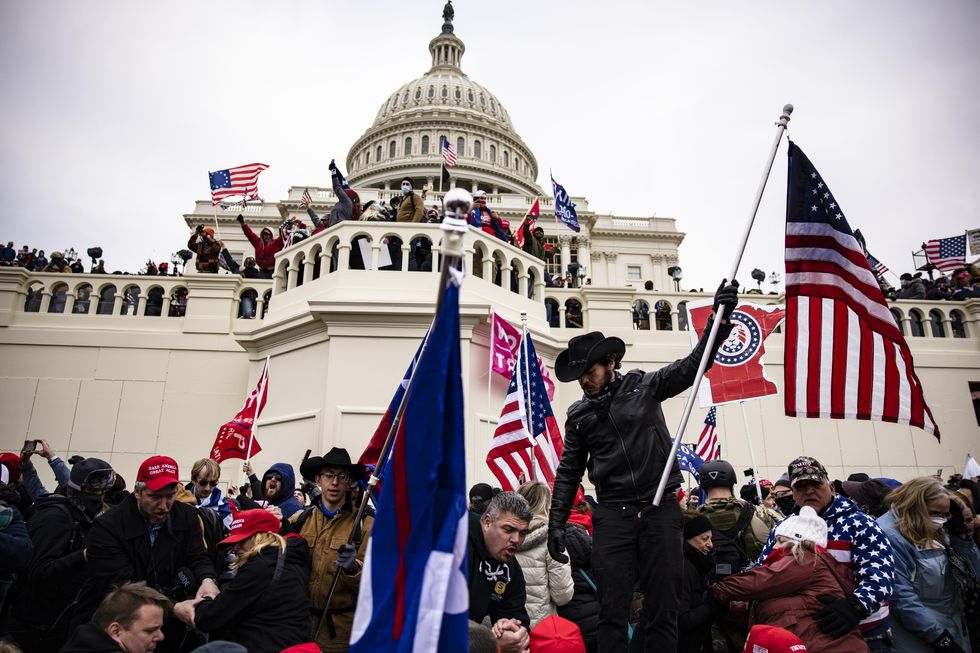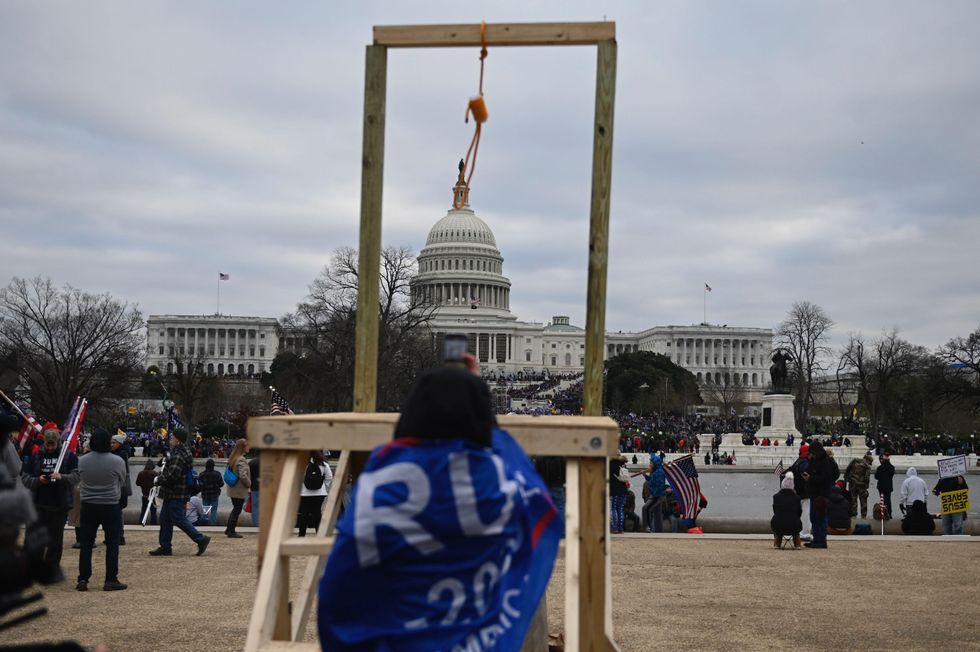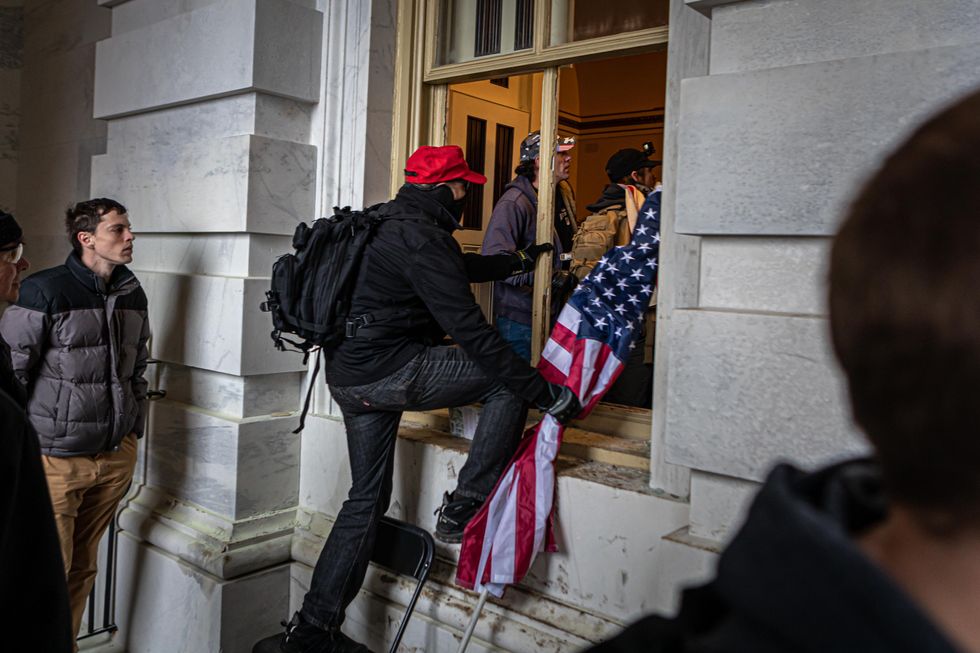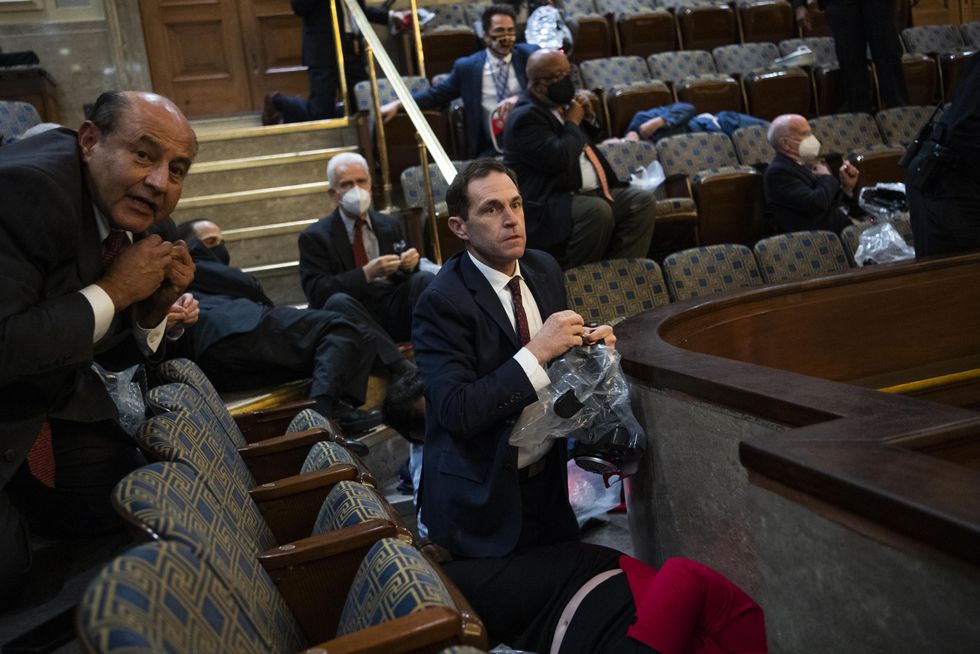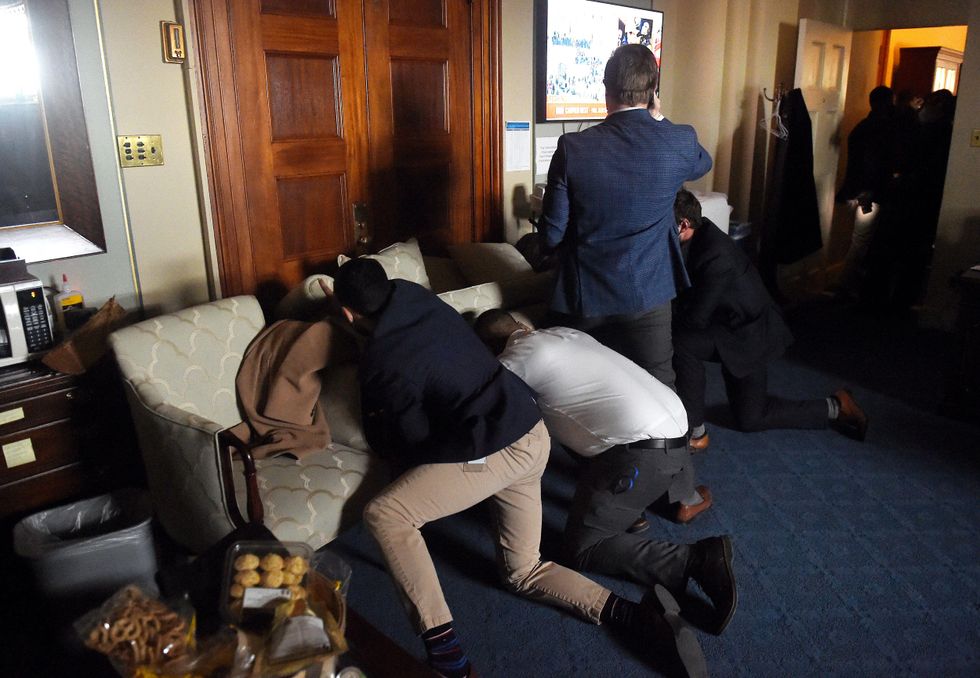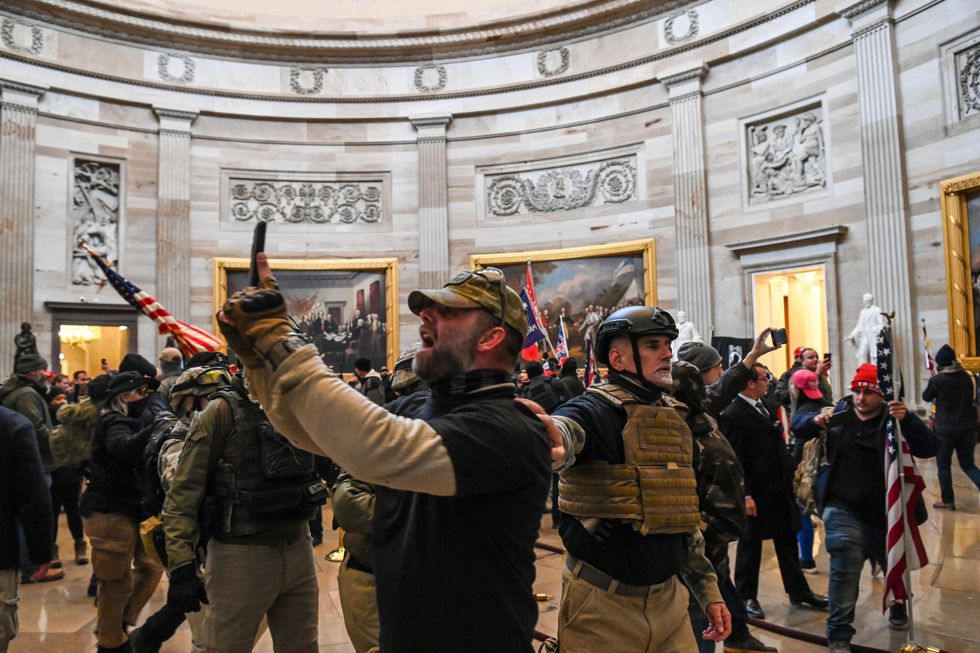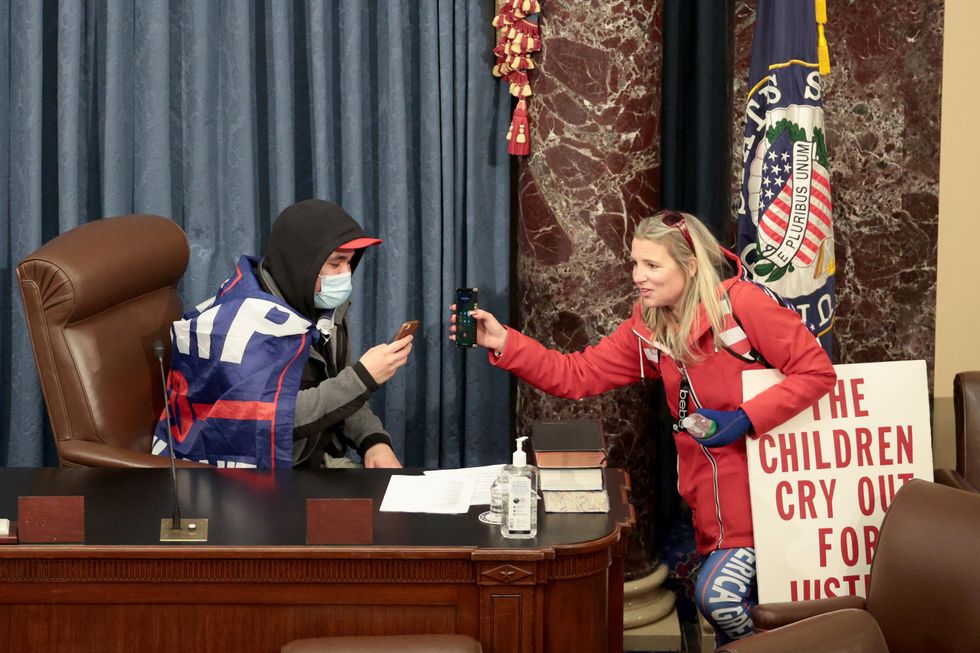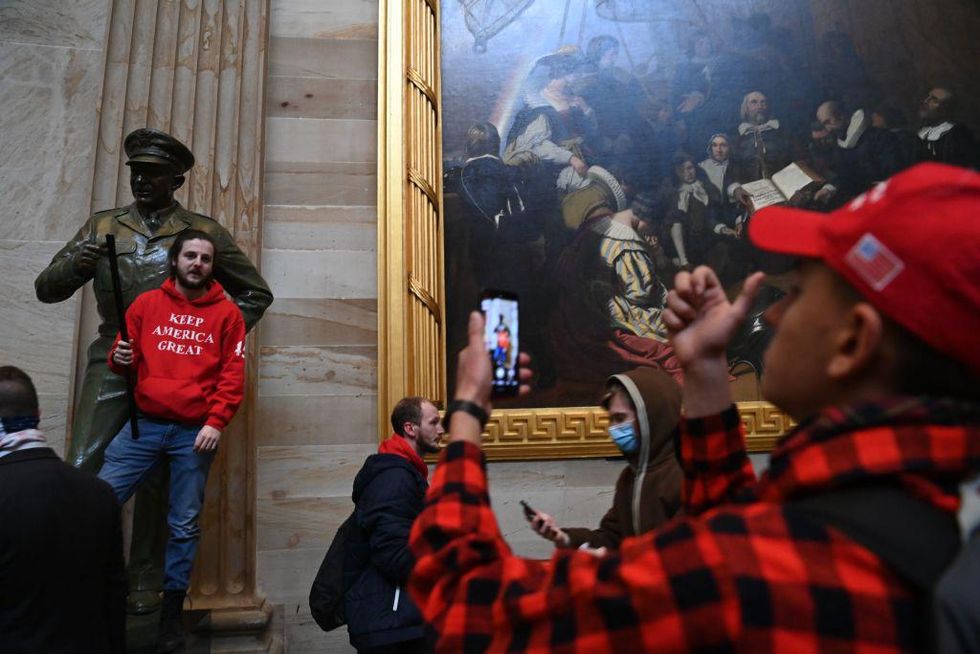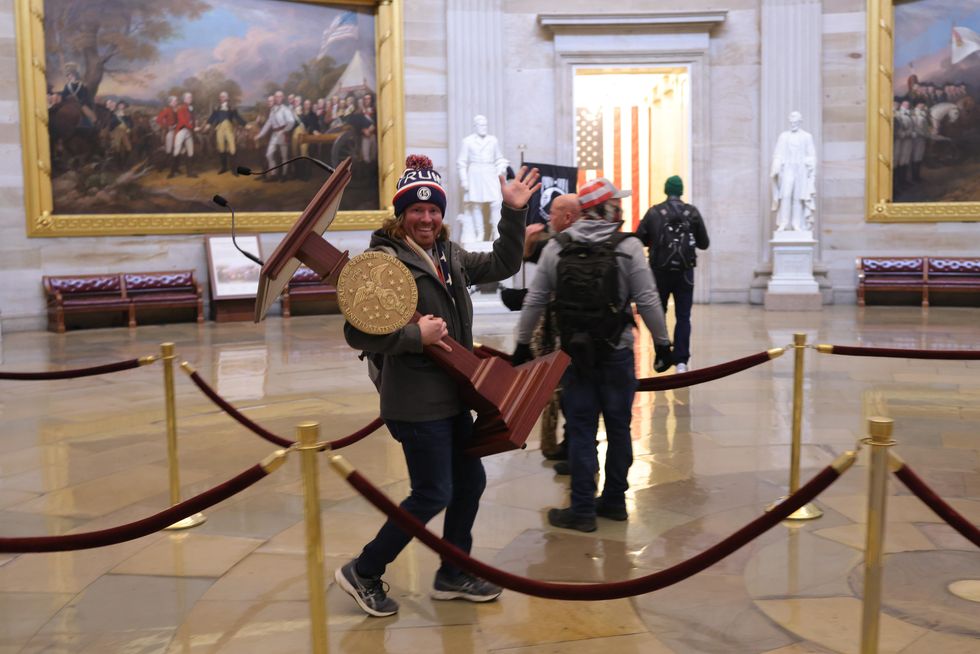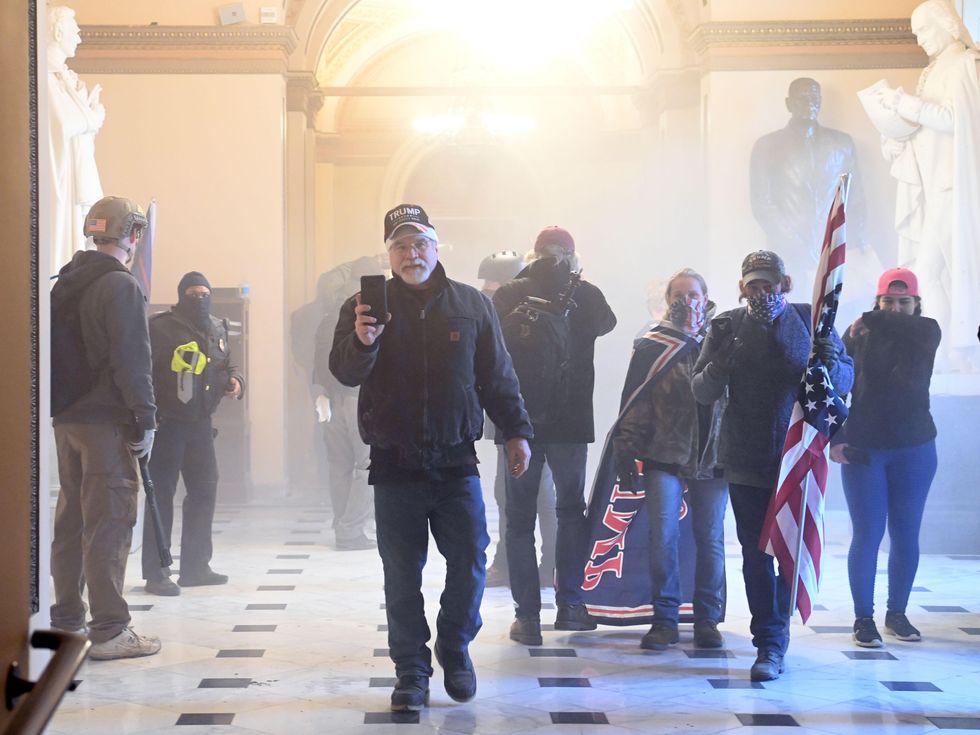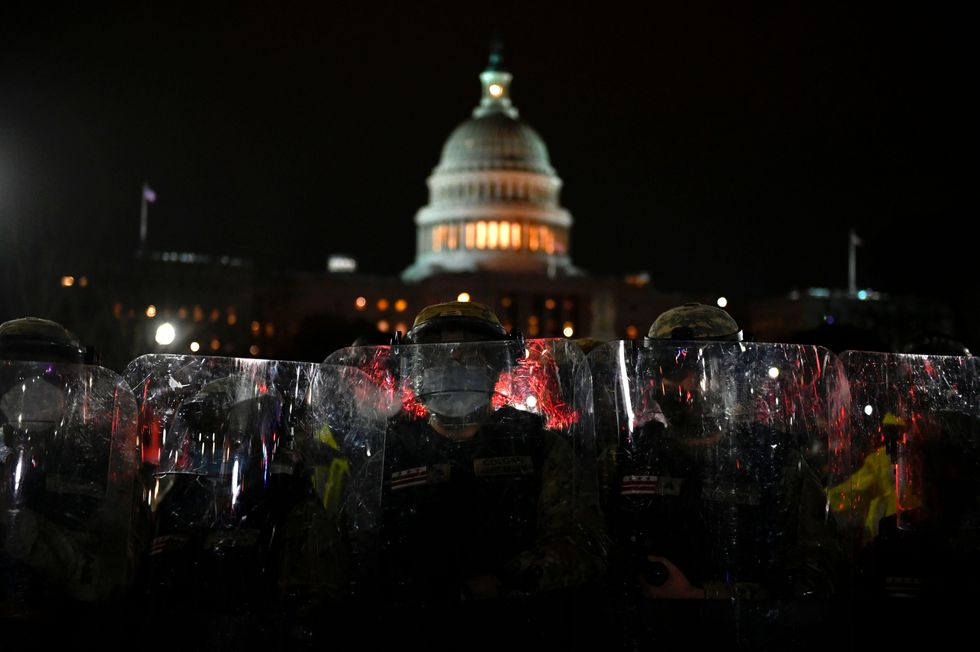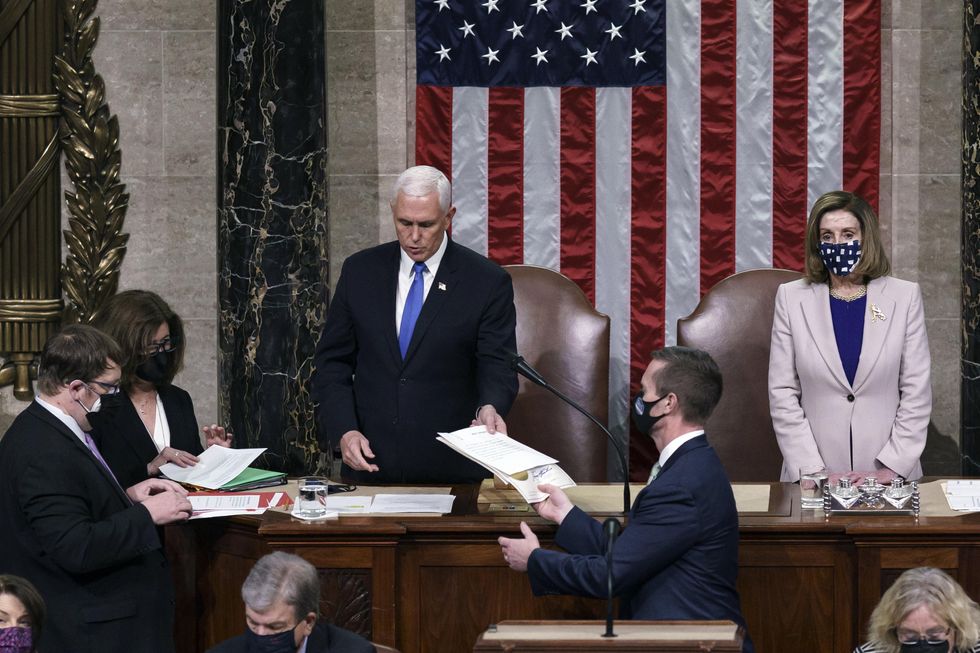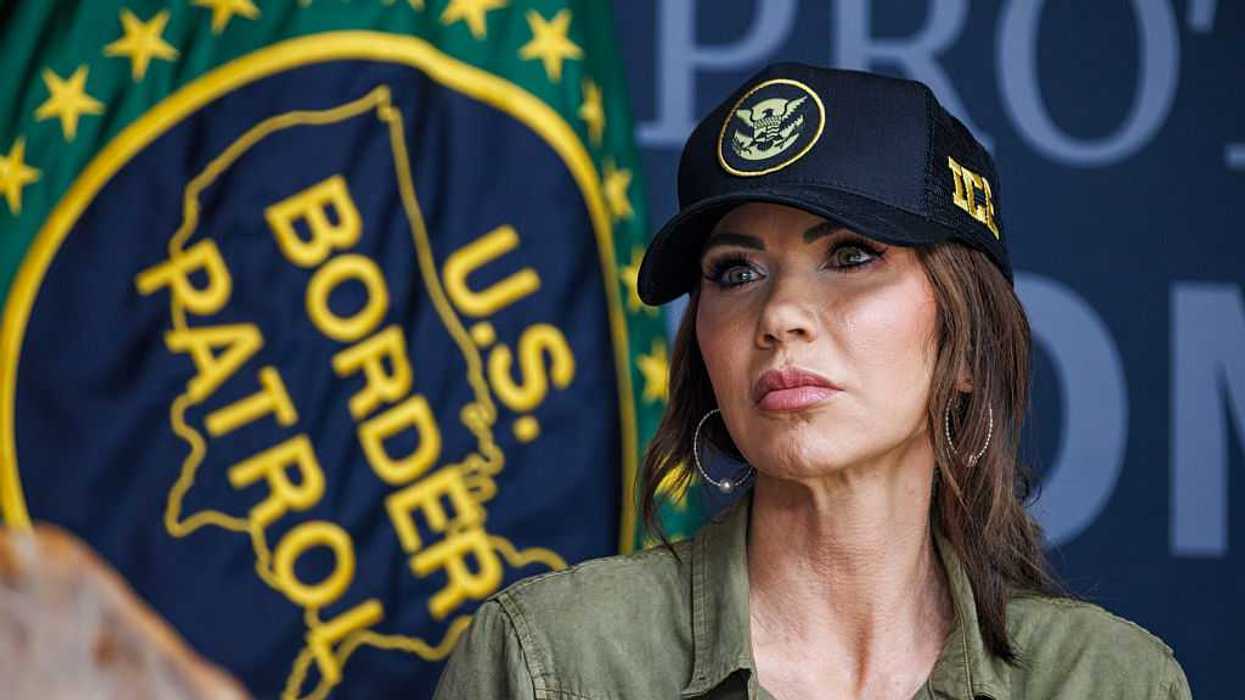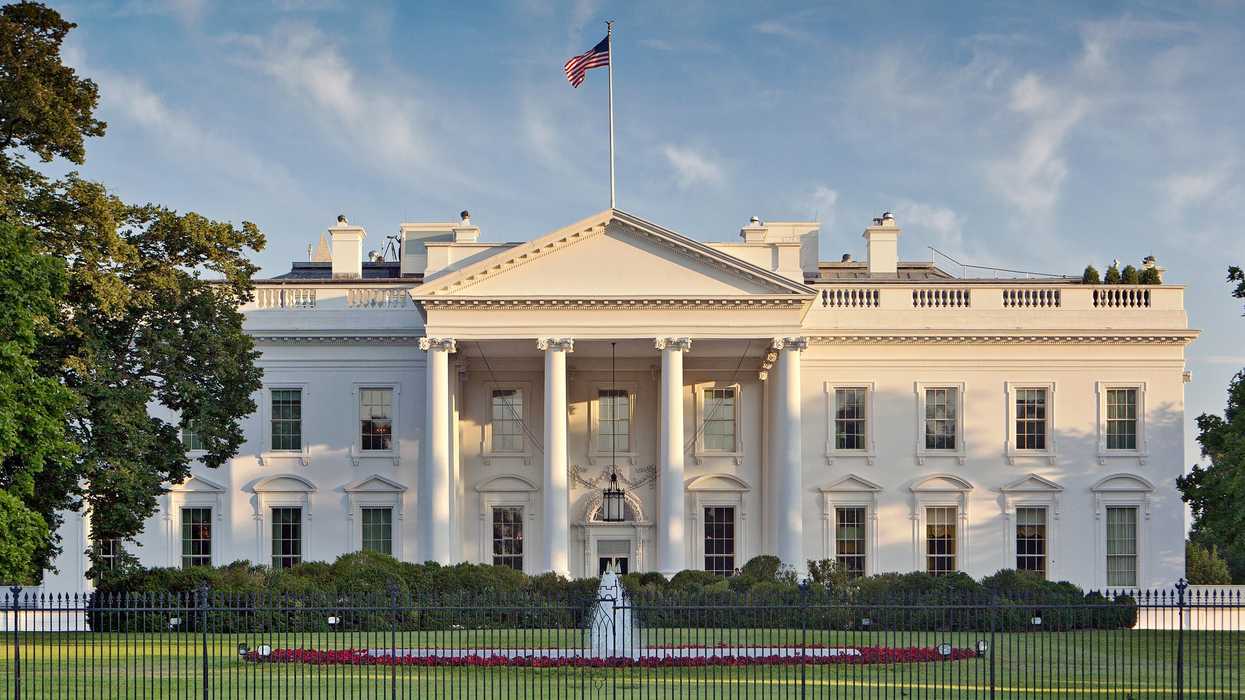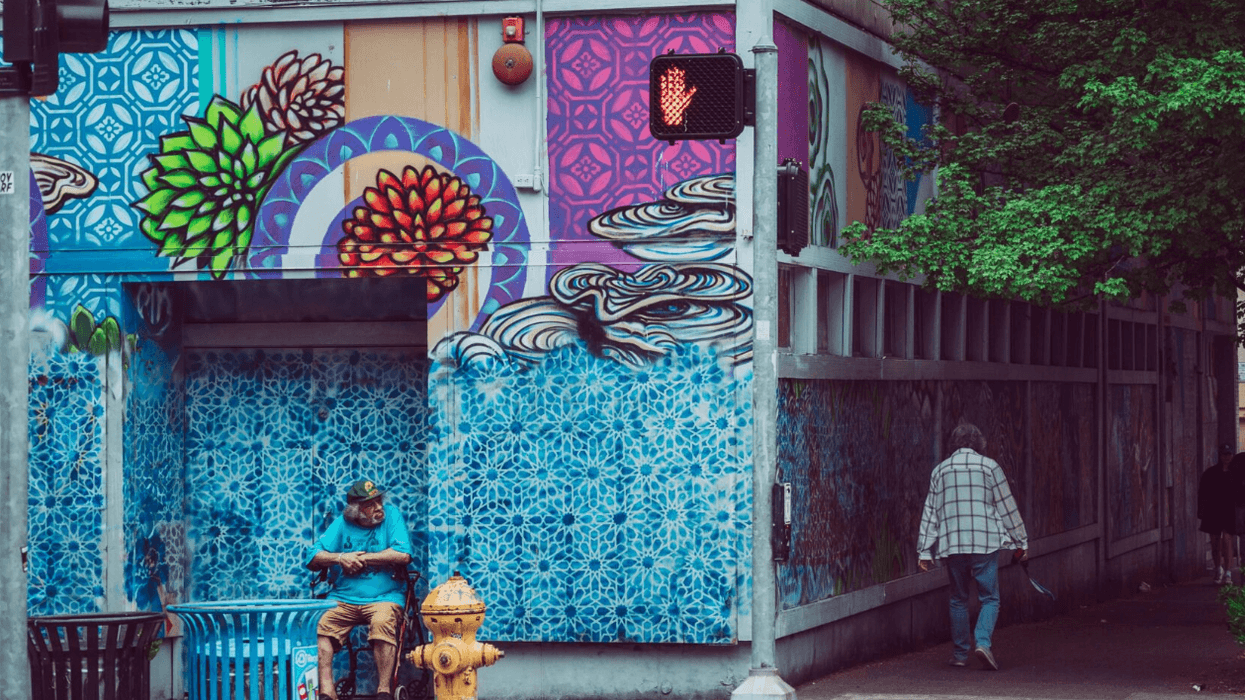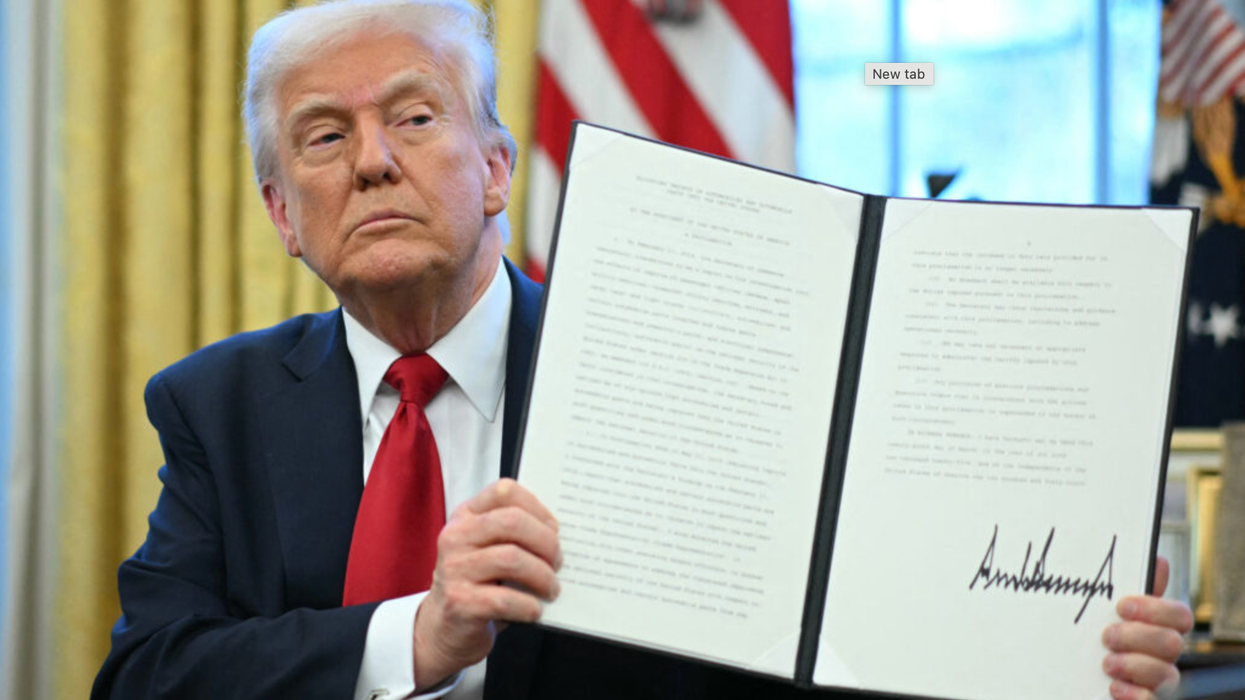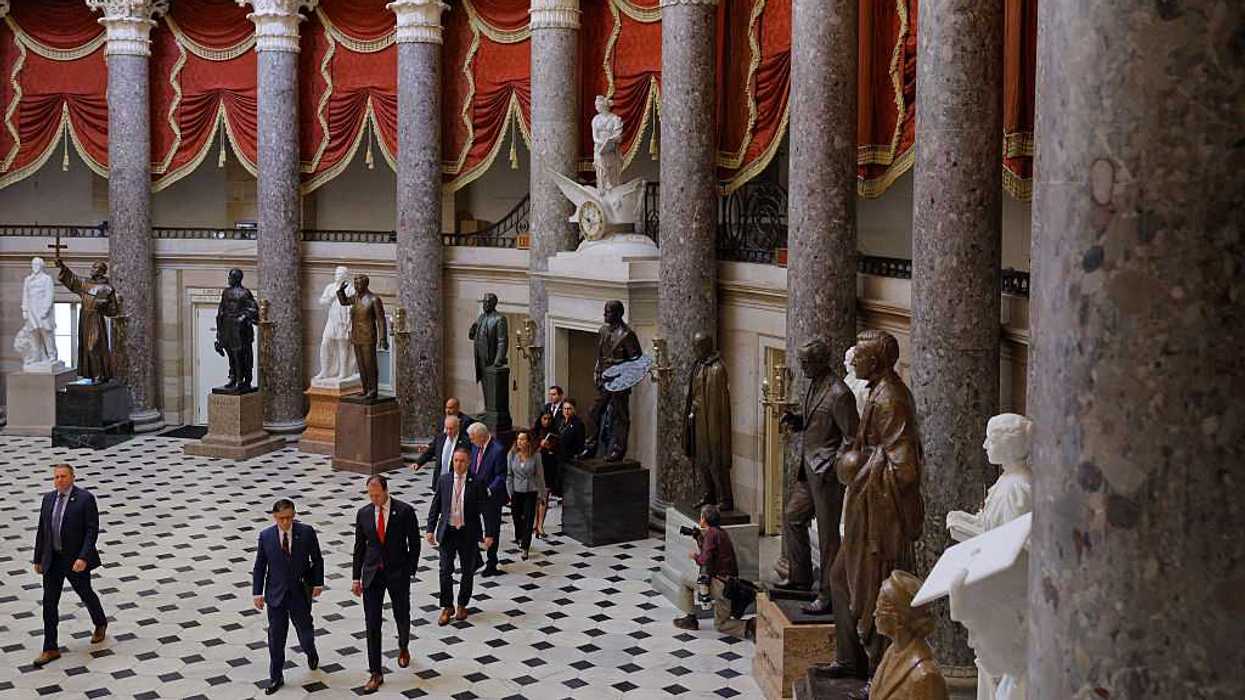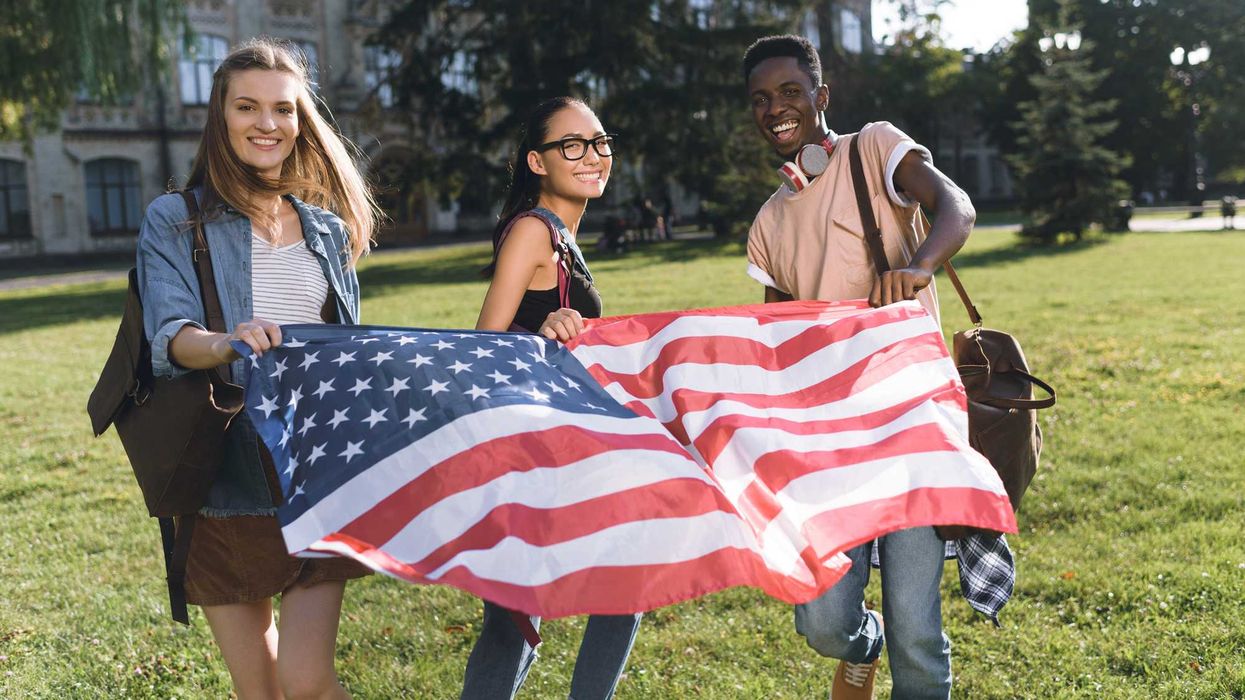American democracy has been pushed to the precipice: A mob urged on by a defeated president rampaged through the Capitol as the whole world watched, before the unparalleled insurgency was put down and Congress reconvened to affirm early Thursday that a different president had without question been elected.
That summary hardly does justice to the shocking, heart-stopping images of the vandalism and violence fueling what amounted to an attempted coup — sedition incited by the most powerful person in the nation, the one most responsible for preserving and protecting the Constitution. Four years after an inaugural address in which he vowed that "American carnage stops right here," the very spot where President Trump stood was overwhelmed Wednesday with rioters wreaking carnage in his name.
There is no shortage of dogged reporting and smart analysis available elsewhere; the news is moving fast and our team is small. And pictures tell the story in ways words cannot convey. For those paying attention to Trump's steadily intensifying assault on the norms of our republic, his encouragement of the climatic occupation of the Capitol is little surprise. But for those worried about the lasting depth of our democracy's challenges, the memories captured in these photographs must never be forgotten.

